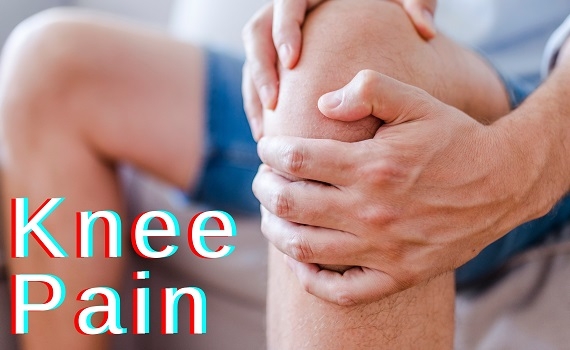

Knee pain is a common complaint that we see at our clinic. This can affect people of all ages in different ways. It is usually described as pain or discomfort around the knee joint.
As mentioned in our previous blogs, people can suffer from knee pain in different ways; people may feel it in the back, front or side of their knee. It can also affect the whole knee joint or a specific localised part of the knee. Depending on the duration of pain, it can be described in mainly two different ways; acute or chronic. If you are suffering from acute knee pain then this means that the symptoms develop suddenly and only last for a short period of time, whereas chronic pain develops slowly and can worsen over time.
As the knee is one of the most complex joints in the body, it unfortunately means that there is a lot that can go wrong. Here are some of the common conditions that can lead to knee pain.
- Mal-tracking of the patella (Front)
- Runners knee (Outer side)
- Osteoarthritis (Middle)
- Patella tendonitis or Hoffa’s fat pad impingement (Front)
Some of the most common symptoms that are related to knee pain include:
- Pain that gets worse during activity
- Swelling at the knee joint
- Stiffness in the knee joint
- “Locking, catching or giving way” of the knee joint
If you are suffering from knee pain, we will be happy to help you get the right diagnosis and move on to the treatment that works for you. Treatment for knee pain will not always include surgery, many patients will see improvement with rest, pain management and physiotherapy.
Here are some helpful tips that you can do at home to help reduce your symptoms:
- Avoid weight bearing on the knee – try not to stand for a long period of time as this can irritate the joint
- Take medication to reduce the pain - ibuprofen can help to reduce swelling at the joint
- RICE – Rest, Ice, Compress and Elevate – all of these can help to reduce the pain that you are experiencing.
This article is intended to inform and give insight but not treat, diagnose or replace the advice of a doctor. Always seek medical advice with any questions regarding a medical condition.










